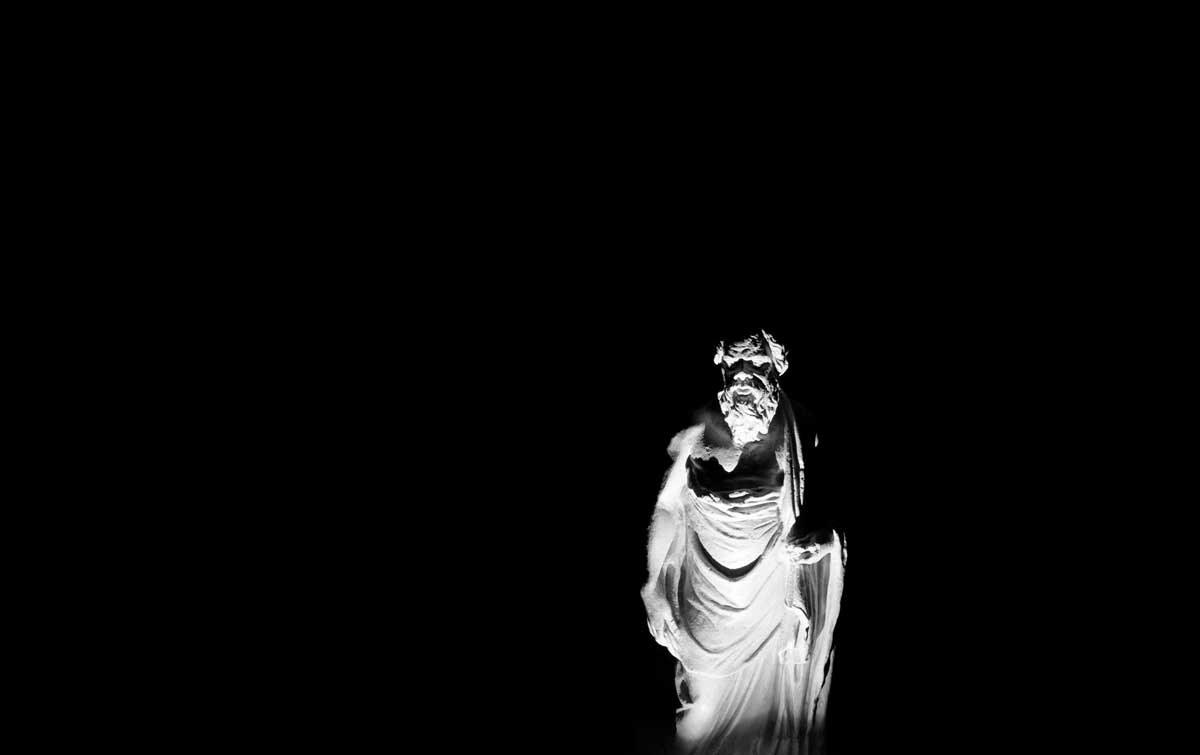Narnia Invaded
How the New Films Subvert Lewis’s Hierarchical World
by Steven D. Boyer
As everyone knows, two Hollywood productions of recent years bear the titles of two of C. S. Lewis’s famous stories from The Chronicles of Narnia: The Lion, the Witch and the Wardrobe and Prince Caspian. The third installment in the series, The Voyage of the Dawn Treader, is scheduled for release this December, with The Silver Chair slated for 2011.
Many Christians are very excited about these developments, believing (quite rightly) that Lewis’s stories are shot through with deeply Christian imaginative themes. What can be wrong with disseminating the stories more widely in this way? The answer is: Absolutely nothing—so long as it really is Lewis’s stories being disseminated. But there’s the rub. A thoughtful investigation suggests that the Narnia films are very far from being a faithful representation of Lewis’s own Christian vision of reality.
This is a serious charge, so let me focus it a bit more. I shall not object to the quality of the movies simply as movies, nor to the interpolation of much non-Lewis material into both movies, nor even to the appropriateness of film, in principle, as a vehicle for telling such stories. Objections might be made (and have been made) on all three points, but I shall not make them here.
Instead, I have a larger and more basic question in mind. Do these film versions “do” what Lewis’s books themselves “do”? Do those who see the films come away nourished in the same way that readers of the stories do? Do the films give us, or do they try to give us, something recognizably like Lewis’s comprehensively Christian vision of the world?
A Peculiar Love of Hierarchy
In order to address questions like these, we have to ask first what Lewis is trying to do. What is his “Christian vision of the world”? We could address this question by focusing on the Narnia tales specifically, but it ends up being more productive (and avoiding some of the twists and turns of scholarship on Narnia) to begin with a broader account of Lewis’s basic theological outlook, and so that is what we shall do.
Understanding this basic outlook does bring with it, however, one really substantial obstacle: we have to think carefully about a significant element in Lewis’s vision that does not play very well in our world, even among contemporary Christians. That element is Lewis’s peculiar fondness for hierarchy.
The word “hierarchy” does not have very pleasant connotations in our day, so to speak of someone being “fond of hierarchy” sounds very “peculiar” indeed. It is like admitting that your great-uncle Jack, really a fine old gentleman, never got over his childhood delight in pulling the wings off flies. Of course, this odd and even repulsive idiosyncrasy might be ignored by members of the family, out of their affection for Uncle Jack.
Steven D. Boyer is Professor of Theology at Eastern University in Saint Davids, Pennsylvania. He, his wife, and their four children attend Community Evangelical Free Church in Elverson, Pennsylvania.
subscription options
Order
Print/Online Subscription

Get six issues (one year) of Touchstone PLUS full online access including pdf downloads for only $39.95. That's only $3.34 per month!
Order
Online Only
Subscription

Get a one-year full-access subscription to the Touchstone online archives for only $19.95. That's only $1.66 per month!
bulk subscriptions
Order Touchstone subscriptions in bulk and save $10 per sub! Each subscription includes 6 issues of Touchstone plus full online access to touchstonemag.com—including archives, videos, and pdf downloads of recent issues for only $29.95 each! Great for churches or study groups.
Transactions will be processed on a secure server.
more on C. S. Lewis from the online archives
more from the online archives
calling all readers
Please Donate
"There are magazines worth reading but few worth saving . . . Touchstone is just such a magazine."
—Alice von Hildebrand
"Here we do not concede one square millimeter of territory to falsehood, folly, contemporary sentimentality, or fashion. We speak the truth, and let God be our judge. . . . Touchstone is the one committedly Christian conservative journal."
—Anthony Esolen, Touchstone senior editor













